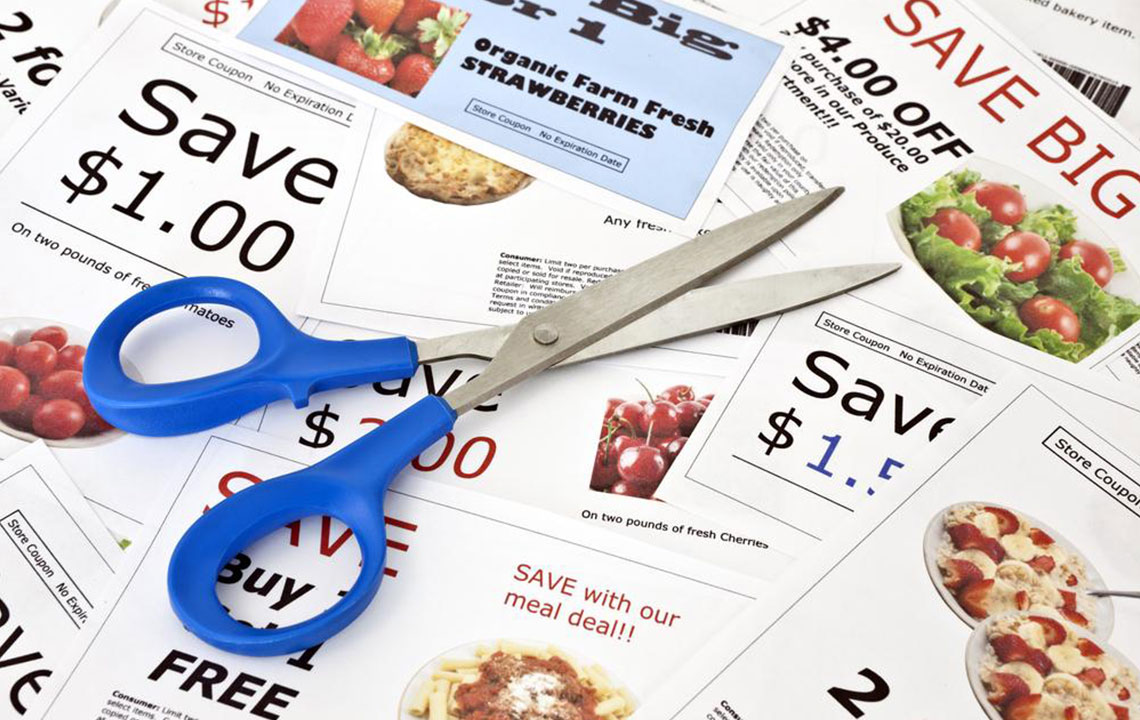Understanding the Role of Pharmacy Discount Coupons in Healthcare
Explore how pharmacy discount coupons help consumers save on medications, their benefits, drawbacks, and impact on the healthcare industry. Learn about policies, their influence on prices, insurance, and patient behavior to make informed decisions when using these coupons.
Sponsored

Pharmacy discount coupons are designed to help patients reduce their expenses on prescription medications. These offers are provided by various pharmaceutical companies and are promoted through online platforms, television, print advertisements, and more. Such coupons cover a range of conditions including cholesterol management, migraine relief, acne treatment, allergies, and others.
Pharmaceutical firms benefit from distributing these coupons by increasing customer loyalty, attracting new patients, and marketing their latest drugs effectively.
Major providers of pharmacy discounts include CVS, Rebates Pharmacy, and Smart Prescription Savings, among others.
It's important to familiarize yourself with the policies attached to each coupon. For instance, CVS accepts their own printable coupons but not those from competitors. Knowing these rules ensures smooth usage of discounts.
Impact of pharmacy coupons on consumers, pharmaceutical companies, and insurance providers
Discount cards and coupons have become common for prescription drugs, allowing consumers nationwide to save significantly on their medication costs.
Currently, around 395 medicines are available with pharmacy discount offers, a significant increase from only 86 in 2009. While many Americans benefit from these coupons, insurance companies express concern as they can lead to higher spending on more expensive medications, raising insurance premiums overall.
Though savings are substantial for consumers, the broader impact raises costs for others, including federal programs like Medicaid and Medicare, which face increased expenses due to widespread coupon use.
The rising popularity of pharmacy coupons has created tensions between insurers and pharmaceutical companies. Insurers often set higher co-pays to steer patients toward cheaper alternatives, while drug manufacturers use coupons to promote specific medications, influencing pricing dynamics.
Advantages and Disadvantages of Pharmacy Coupons
Understanding how these discounts operate sheds light on their effects. While they provide immediate savings, there are associated hidden costs.
Pharmaceutical companies often use co-pay coupons to offset the high costs of new, expensive drugs, attracting new users and fostering brand loyalty. These coupons are widely distributed through doctors' offices, TV, print, and online media.
Pros and Cons
Immediate benefit includes reduced prices for costly medications. Yet, this can lead to higher insurance premiums in the long run.
Coupons allow patients to purchase medicines at lower costs, but they typically have expiration dates, after which full prices apply.
Both patients and manufacturers gain from coupons, but they may also influence patient behavior and drug choices.
While pharmacy coupons offer significant benefits, potential hidden costs must be considered. New users should carefully review coupon policies and note expiration dates to maximize savings.






